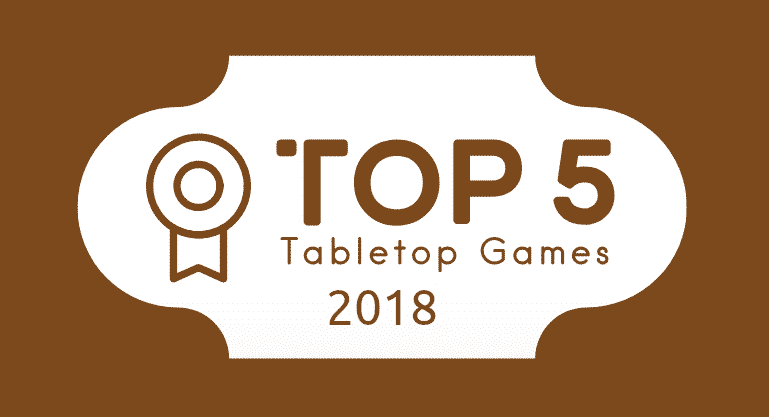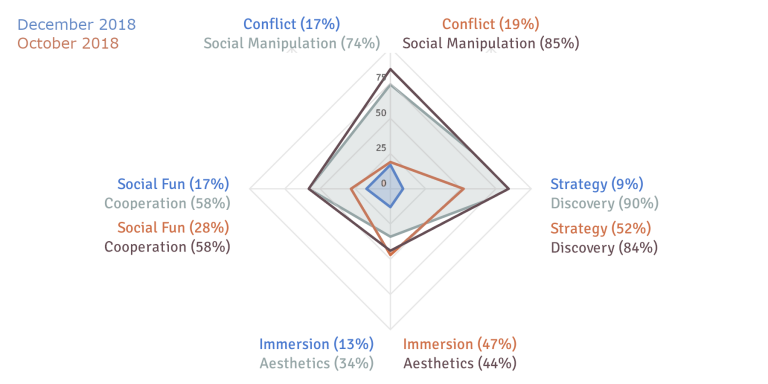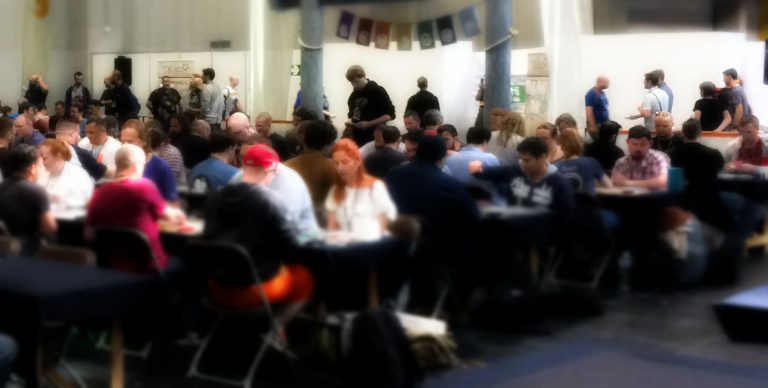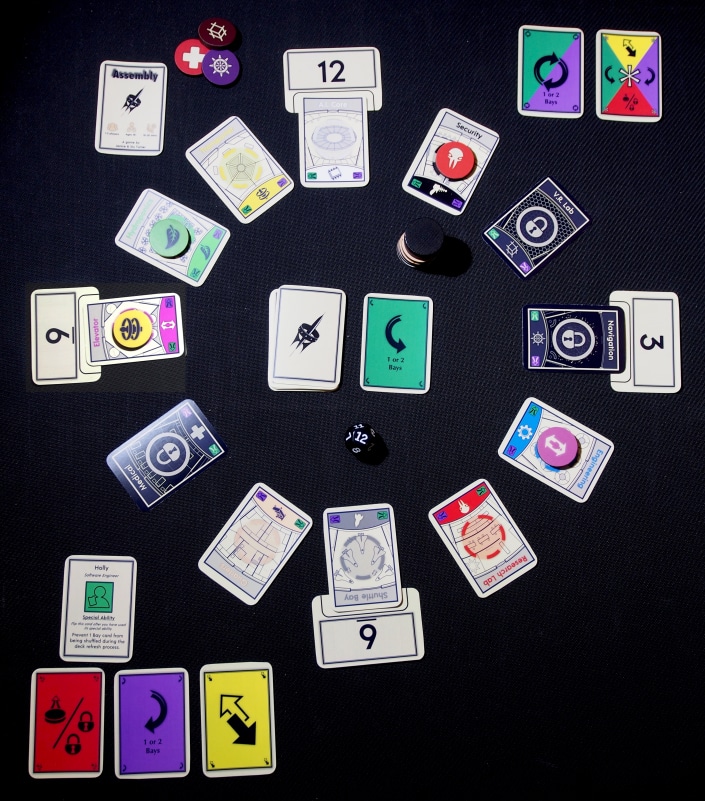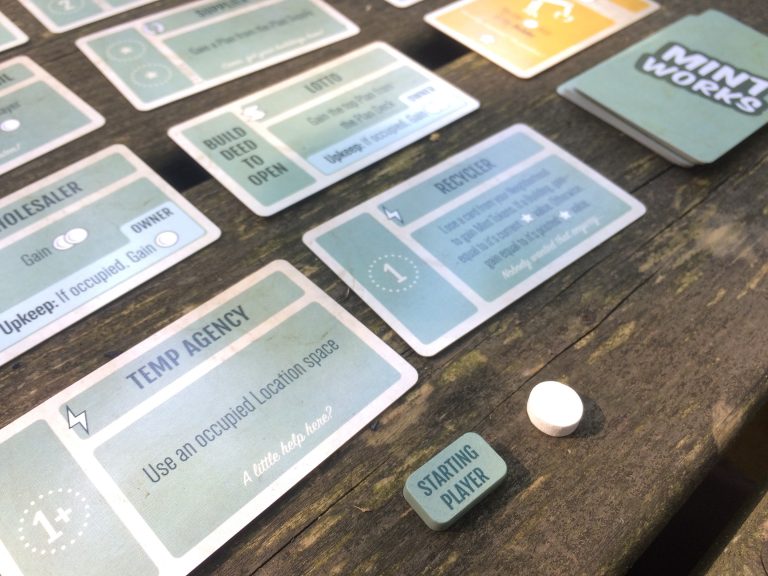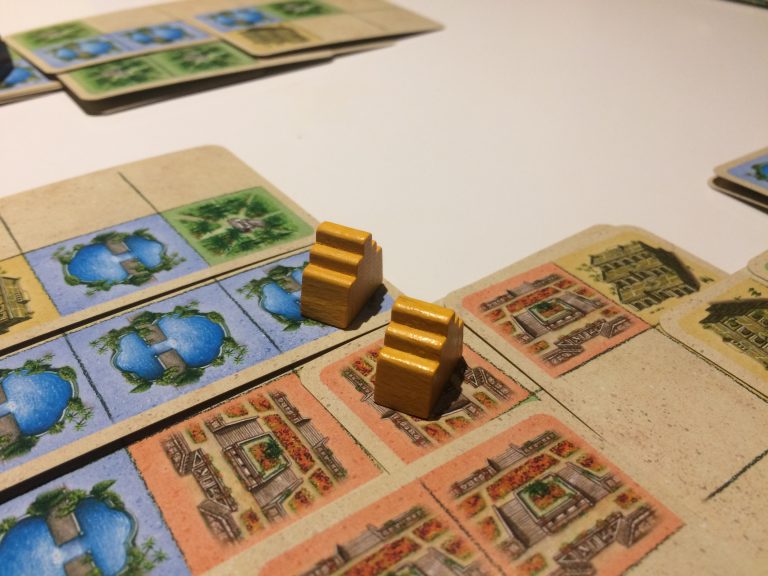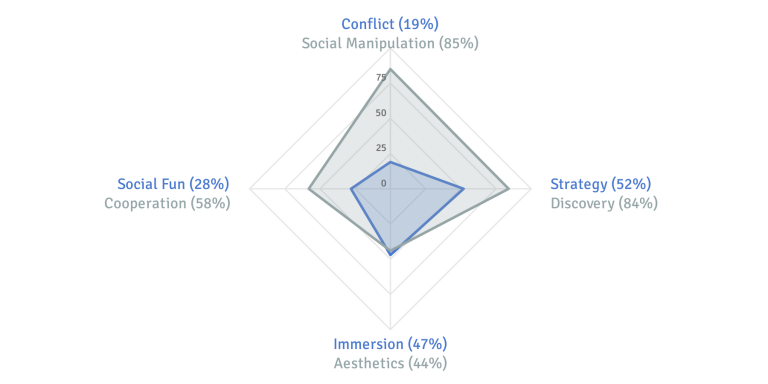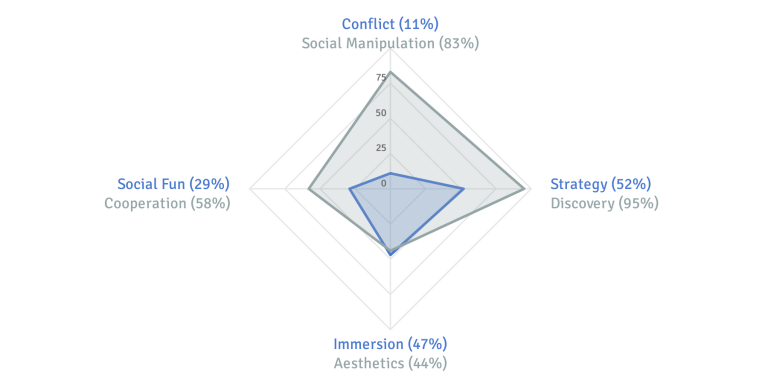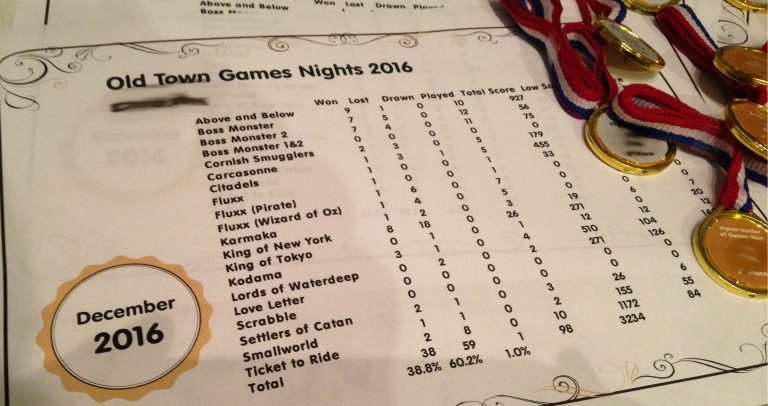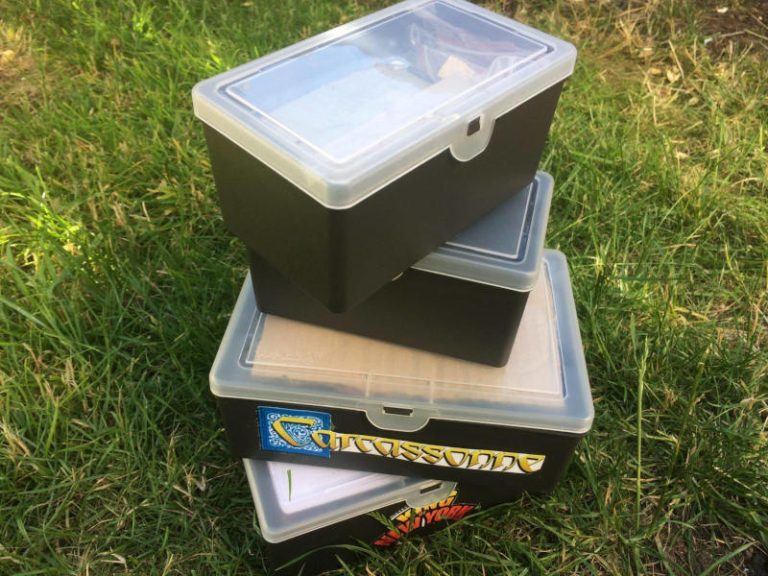Top 5 Tabletop Games of 2018
Yes, it is nearly the end of 2018, so it is time to list Tabletop Games Blog's top 5 games of the year. It has been a great year for tabletop games in general, and I have been lucky enough to play no less than 23 games over the year, including playtesting, PnPs, online games as well as games played during our weekly games night and at MeetUp sessions. So I thought choosing 5 out of those 23 games would be a good number.

